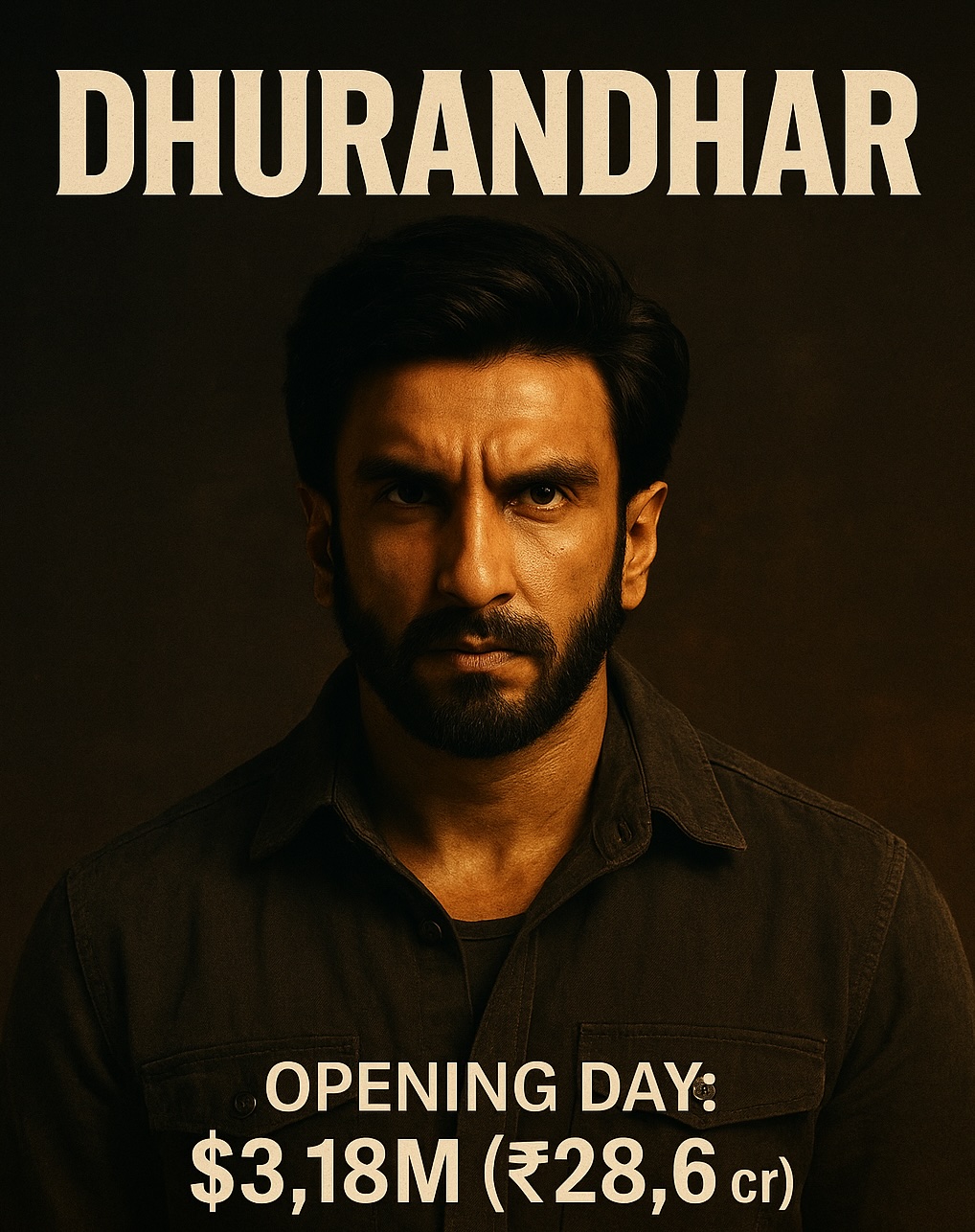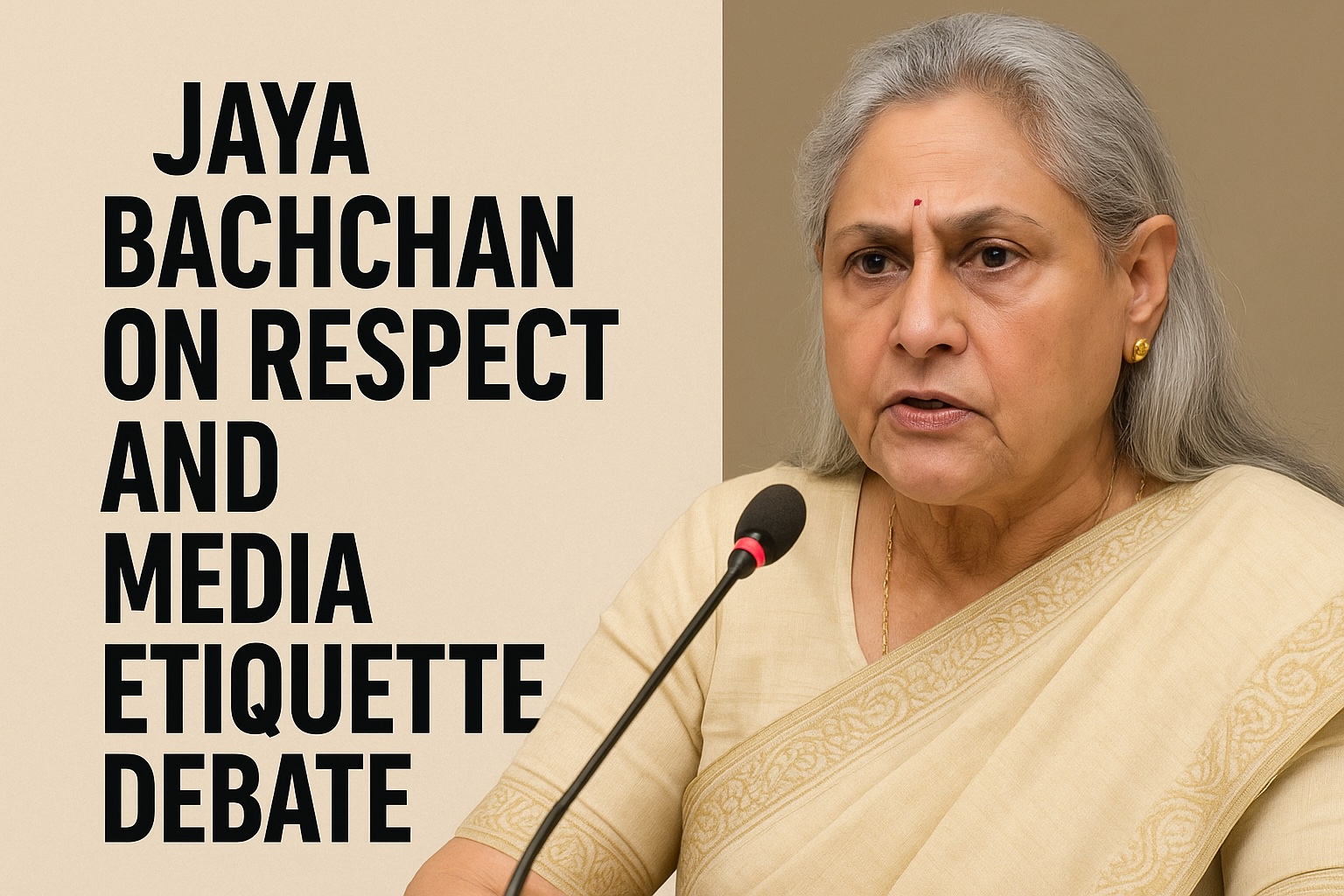
There are no villains in “English Vinglish”. Only imperfect human beings like you and I, who make that common error of taking loved ones for granted.
Admit it. At some point in our lives we have all felt that if we don’t speak good English, we are not destined to be successful human beings. Imagine a housewife – beautiful, efficient, charming, supportive – and imagine if she looks like, well, Sridevi and still feels she is being taken for granted just because she can’t speak fluent Angrezi.
Shashi’s children find her embarrassing at times. Her husband openly cracks jokes about her accent. Shashi’s husband thinks he’s just being urbane and witty. But it hurts. We see that hurt in Sridevi’s eyes each time she is slighted and snubbed by those whom she loves the most.
We know this world. We know this woman too. Director Gauri Shinde brings to the comfort of the familiar a feeling and flavour of wonderment, discovery and beauty.
“English Vinglish” is a fabulous fable of a woman’s self-actualization. Shabana Azmi used to do such films in the 1970s. The issues in those films about unfulfilled wives were largely socially-defined – infidelity, adultery and betrayal. The betrayal of the unforgettable woman in “English Vinglish” is far less dramatic and therefore much more profoundly deep-rooted.
Shashi breaks up a little every time the three most important people in her life – her husband, daughter and son – crack up at her vernacular accent.
Then comes the chance for redemption. A five-week vacation in the US, a clandestine crash course in English and best of all, a chance to feel wanted and special when a fellow-classmate, a quietly striking French chef, gives Shashi the attention she doesn’t get from her husband.
This is the complete middle-class woman’s fantasy. Go out on your own and find happiness. Shinde wins over the audience at the story level itself. And then as a bonus, she proves herself a master storyteller.
Sure, Shinde gets a tremendous boost from cinematographer Laxman Utekar who captures New York in its quiet mellow state of bustling grace; composer Amit Trivedi’s music simply and fluently melts into the theme and storytelling; and editor Hemanti Sarkar cuts the footage the way Shashi would cut her vegetables, precisely, lovingly and without anxiety.
Finally it’s really the director’s call.
In what I rank as the best debut by a female director since Aparna Sen’s “36 Chowringee Lane”, Shinde imbues a majestic mellowness and an unostentatious glow to the story of Shashi’s coming-of-age saga. Shashi’s ennui is not the in-your-face tragic pathos of Madhabi Mukherjee in Satyajit Ray’s “Charulata” or Shabana in “Ek Pal”. No case-history of domestic torture is built for our heroine. And no, the husband, played by Adil Hussain, brilliant in a thankless role, is not a cad sneaking into another woman’s bed.
The narration doesn’t try to pin its resplendent protagonist’s life down to boomarked vignettes suggesting a violent need to be liberated from her domestic life. It’s all very routine, recognisable and familiar.
The miracle of watching “English Vinglish” confer such a supple and contoured shape to Shashi’s life is attributable to the director’s high-concept theme and treatment. Shinde abhors overstatement. You hardly ever see Shashi break down. And so when the awards fall into Sridevi’s lap at the yearend the nomination clip won’t be the woman who suffers wracking trauma stereotype.
Nope. This woman is far more special than the bored housewives who look for an alibi to burst into their own version of ‘Kaaton se kheench key yeh aanchal’ to justify their succulent bites into the forbidden fruit. Sridevi simply sinks into the Big Apple, biting off juicy mouthfuls of New York’s sobering cultural grace absorbing the cultural shock with a dignity that films about journeys tend to undervalue. Not this one.
“English Vinglish” a delectable geographical and emotional journey undertaken with a refreshing absence of bravura and selfcongratulation.
Much of Shashi’s inner power comes from Sridevi owning the role. This actress simply vanishes into her character living every breath of Shashi’s voyage from laddoo-making to self-actualisation. The journey is so excitng for us the audience because we feel a new world of experiences unravel for Shashi even as she savours the newness of it all.





